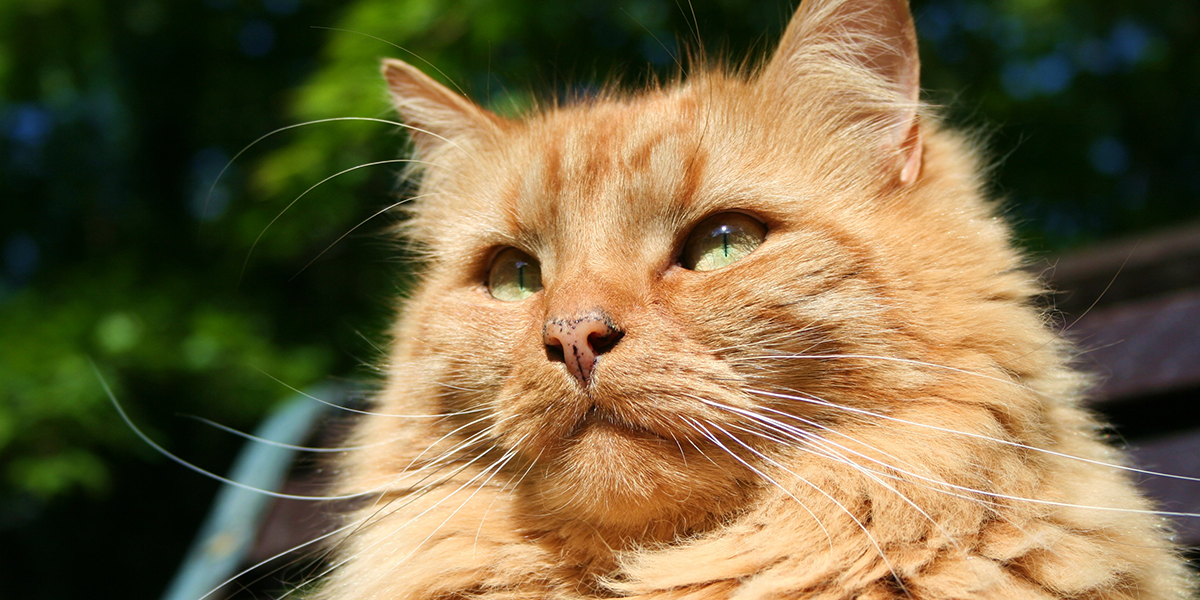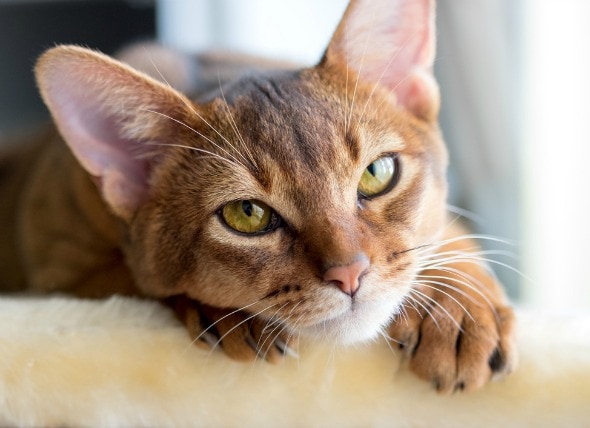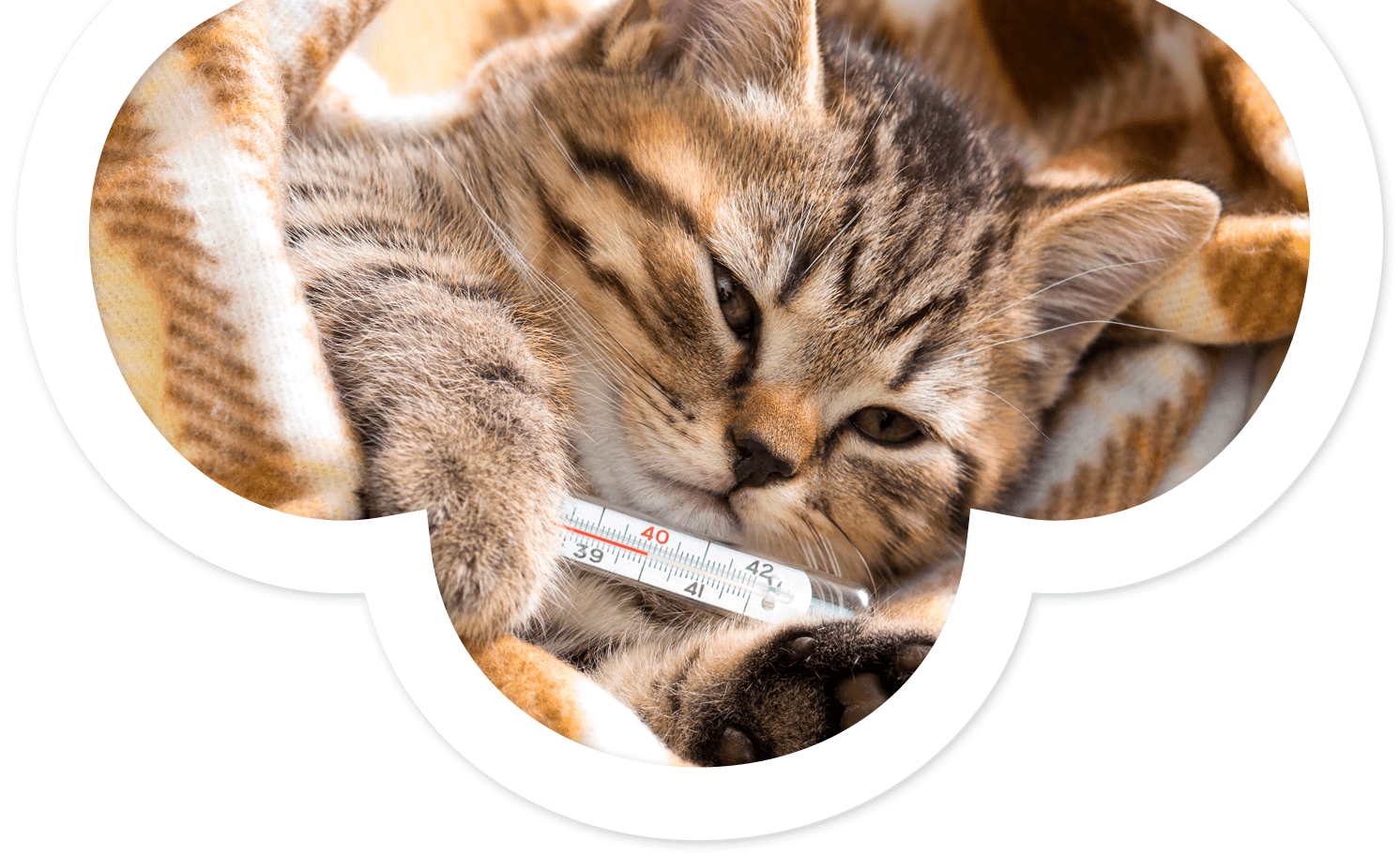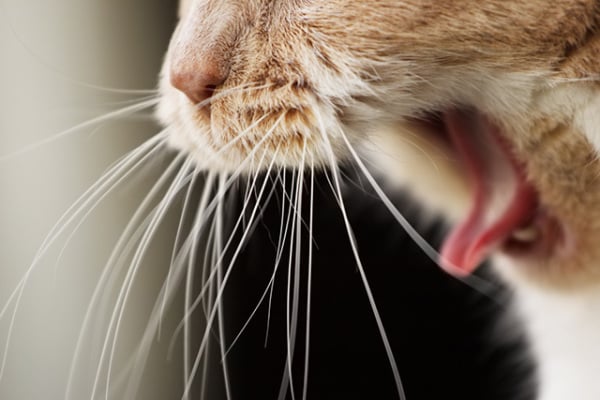chronic bordetella in cats
Bordetellosis in Cats. Bordetella Bronchiseptica in Cats Until recently Bordetellabronchiseptica was considered an uncommon cause of respiratory disease in cats and then only as a secondary agent.
Kennel Cough Bordetella Lynden Wa Lynden Veterinary Hospital
And Chlamydophila felis cited as primary causes.

. Bordetella bronchiseptica Bb is a gram-negative bacterium that colonises the respiratory tracts of mammals. Chlamydophila felis and Bordetella are bacteria that can cause primary respiratory infections in cats. Most cats are exposed to the bacteria Bordetella bronchiseptica before adulthood.
However any cat with a pre-existing airway disease eg feline. Studies in humane shelters We recently completed a study of cats with conjunctivitis and rhinitis housed in humane shelters in two regions of the United States. Primary bacterial disease is rare but may be associated with Bordetella bronchiseptica Mycoplasma spp.
Sneezing Running a fever A lower than usual appetite Breathing issues Being less active and seeming lethargic Wheezing. Easily spread in kennels bordetellosis is most severe in young kittens less than six weeks old and in kittens living in less than ideal hygienic conditions. Once a cat has the herpesvirus hes a chronic carrier even if he doesnt come down with URIs.
Bordetella Bronchiseptica Infection in Cats. It is a primary pathogen of domestic cats particularly in high population. Although these can be primary bacterial pathogens they are more commonly secondary to and concurrent with viral infection.
It is sensible to consider B bronchiseptica as a rare cause of zoonotic infections. Bordetella is an agent that cats are frequently exposed to and that does not always cause disease. May be primary and secondary pathogens of the respiratory tract.
Isolates of B bronchiseptica for cats may vary in pathogenic potential2 Cross-protection between multiple field strains is unknown but likely to occur2Whether vaccination can limit the chronic B bronchiseptica shedding seen in naturally infected cats has not been deter-mined5Company data indicate that vaccinat-ed cats may spread the vaccine strain for. If not treated with appropriate antibiotics chronic Bordetella infection with intermittent bacterial shedding can. Chlamydophila felis and Bordetella are bacteria that can cause primary respiratory infections in cats.
Chronic carriers of the disease have been shown to shed the virus for up to 19 weeks. Today it appears to be a primary respiratory pathogen in cats. Exposure to environmental irritants.
Prevention Viruses bacteria and the path to chronic rhinitis Etiologic agents pathogenesis clinical signs Viruses bacteria and the path to chronic rhinitis Etiology of nasal disease in 77 cats Neoplasia Chronic rhinitis. Diagnostic tests and interpretation. Proximity of dogs and cats with Bordetella can lead to cross-species infections.
In one recent Morris Animal Foundation sponsored study we showed Mycoplasmas to be more common that FHV-1 and. Cats with calicivirus may be more prone to developing serious disease with Bordetella acting as a secondary invader. The most definitive diagnosis is derived from positive mouth or mucous discharge for the bordetella organism.
Diagnosis of feline bordetella is not made by physical exam alone. One of the agents involved in the feline upper respiratory tract syndrome. In this condition a viral infection eg caused by feline herpesvirus.
The bacterium is susceptible to common disinfectants. Some of the most common symptoms for a cat suffering from Bordetella infection are. Infection with Bordetella results in the feline equivalent of kennel cough.
Almost all cats with mucopurulent or purulent nasal discharge have a bacterial component to their disease. A group of organisms called Mycoplasma can cause primary respiratory and eye infections or play a secondary role along with bacteria such as Pasteurella Streptococci Staphylococci and many others. In unvaccinated cats chronic upper respiratory tract disease is a relatively common problem.
Chlamydia usually starts off affecting the eyes although it can. This bacterium can be a cause of upper respiratory disease in cats but is mainly a problem where cats are kept together in large groups such as rescue shelters and. Notably viral agents damage the respiratory epithelium especially in young cats making the cat more susceptible to opportunistic pathogens such as staphylococci streptococci pasteurellae.
Bordetellosis is a contagious bacterial disease of cats that primarily causes upper respiratory tract abnormalities. Bronchiseptica is a bacterium that can cause disease in a number of animals and also rarely in humans. If your cat develops chronic bronchitis he will exhibit respiratory.
Print off the owner factsheet on Bordetella Bordetella to. Bordetella infection causes severe life-threatening pneumonia in kittens. Some of the causes of cat bronchitis include.
Primary bacterial causes of upper respiratory tract disease in cats are uncommon and include Bordetella bronchiseptica Mycoplasma spp Streptococcus canis and Chlamydophila felis. Parasites allergies and certain respiratory diseases can all contribute to chronic bronchitis in cats. Bordetella bronchiseptica is a Gram-negative bacterium that colonises the respiratory tract of mammals and is considered to be a primary pathogen of domestic cats.
Bordetella chlamydia and Mycoplasma organisms also cause URI symptoms in infected cats. Bordetella bronchiseptica B. In addition bacterial bronchitis can occur in cats with Bordetella bronchiseptica Mycoplasma spp.
However some infections can be primarily caused by bacteria such as the bacterial form of Bordetella. The most common form is termed chronic post-viral or idiopathic rhinitis. In addition bacterial bronchitis can occur in cats with Bordetella bronchiseptica Mycoplasma spp.
Well as anaerobic bacteria. If the antibiotics seem like they are not working and your cats condition does not improve there are several possible scenarios. A recent study failed to link Bartonella spp to CRS in cats4 However Mycoplasma felis may be a more important upper.
Bordetella bronchiseptica is a Gram-negative bacterium that colonises the respiratory tract of mammals and is considered to be a primary pathogen of domestic cats. Carrier cats may not culture positive for the bacteria unless they are actively.

Clinica Veterinaria Del Bosque Sabias Que Tu Perro Puede Escuchar Perfectamente Sonidos De Distancias Hasta De 225 Metr Pet Clinic Dachshund Breed Dog Images

Pdf Bordetella Bronchiseptica Infection In Cats

Can A Dog Have A Reaction To The Bordetella Vaccine Side Effects Other Facts

Bordetella Bronchiseptica Infection In Cats International Cat Care

Rancho Sequoia Veterinary Hospital Simi Valley Animal Clinic Oral Bordetella Vaccine
Bordetella Bronchiseptica Infection In Cats

Feline Bordetella Kennel Cough In Cats Symptoms Causes Diagnosis And Treatments Animals Pedia

Medicina Felina Bordetella Bronchiseptica Infection In Cats Abcd G

Diagnostic And Therapeutic Approach Dogs Infected With Bordetella Bronchiseptica And Canine Influenza Virus H3n8 Today S Veterinary Practice

Summary Of The Most Important Activities Of B Bronchiseptica T3ss In Download Scientific Diagram

8 Home Remedies For Dog S Kennel Cough Dog Cough Remedies Dog Remedies Dog Coughing
Bordetella Bronchiseptica Infection In Cats

Bacterial Infection B Bronchiseptica In Cats Petmd

Understanding Kennel Cough Kirkwood Animal Hospital Pet Health

Vaccination Of Cats Against Infectious Upper Respiratory Disease Today S Veterinary Practice

Bordetella Bronchiseptica Pneumonia In Dogs A B D F And A Cat C Download Scientific Diagram


